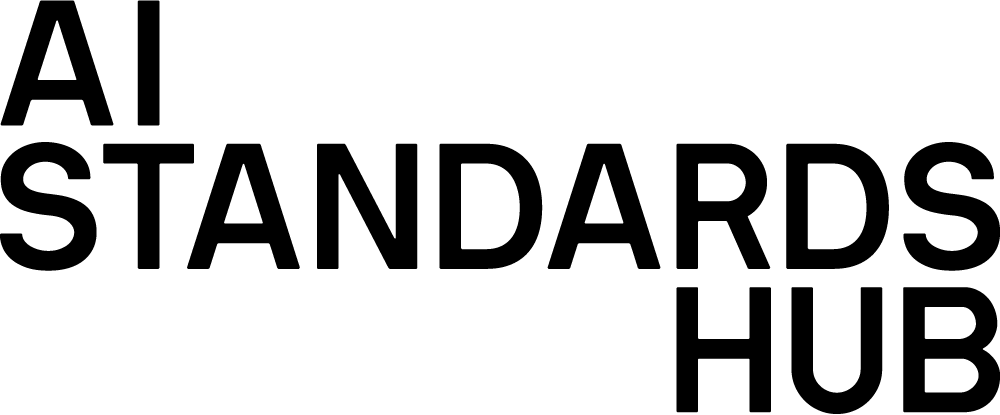3. The functions and benefits of standards
The benefits of standards can be thought about in terms of two broad, interconnected functions. Standards help organisations to manage and mitigate risks, as well as helping to unlock and scale the benefits of their products and services. In doing so, standards play a role in responsible innovation both as tools supporting good governance and as mechanisms for enabling and accelerating innovation.
Below we highlight some of these benefits and functions in more detail:
Assurance, trust, and responsible adoption
Having confidence in the safety and quality of technologies is important both for organisations producing technologies, and for people using and being affected by those technologies. Standards enable organisations to manage risks and build public trust, by underpinning assurance mechanisms such as conformity assessments that are used to demonstrate that their technologies are safe, ethical, and legally compliant.
The results of a conformity assessment can be reported publicly to demonstrate trustworthiness and build public trust, including labels such as BSI’s Kitemark, the UK’s UKCA mark, and the European CE mark which demonstrate that a product conforms to the relevant regulations.
Knowledge and technology transfer
Standards and standards development forums provide an institutional infrastructure that supports the transfer of knowledge and technology throughout society and the economy. In particular, consensus building processes in standards development serve to translate research and best practice from across society and the economy into accessible, practical guidance for organisations, to improve their operational processes and the products that enter the market as commercial technologies.
Market access and interoperability
Standards can enable easier access to global markets; both for producers, who can sell their products across borders knowing and being able to demonstrate that they are compliant with applicable requirements, and for customers who can buy products from oversees knowing they meet expectations of safety or interoperability with other technologies.
Efficiency
Standards enable organisations to innovate more efficiently and effectively, by reducing costs and reducing the time involved with achieving regulatory compliance and market access. By providing clear and repeatable guidance, standards can enable organisations to increase their efficiency by minimising errors and increasing productivity. Standards can cover a range of areas relevant to increasing organisational performance and efficiency, including management and risk processes, product and service quality, IT service management, and trust building.
Supporting regulatory compliance
Some standards are explicitly referenced by a regulatory authority as a means through which organisations can conform with the essential requirements of a regulation. For example, The GB regulatory framework enables a relevant Secretary of State to designate standards for regulatory conformity purposes. Where the government has designated a standard, its use usually confers a presumption of conformity with the relevant aspects of UK regulation. This is to say that organisations who have used a designated standard are presumed to be compliant with the relevant regulations. Similar mechanisms exist in other jurisdictions, such as in the EU, where harmonised standards perform a comparable role.


